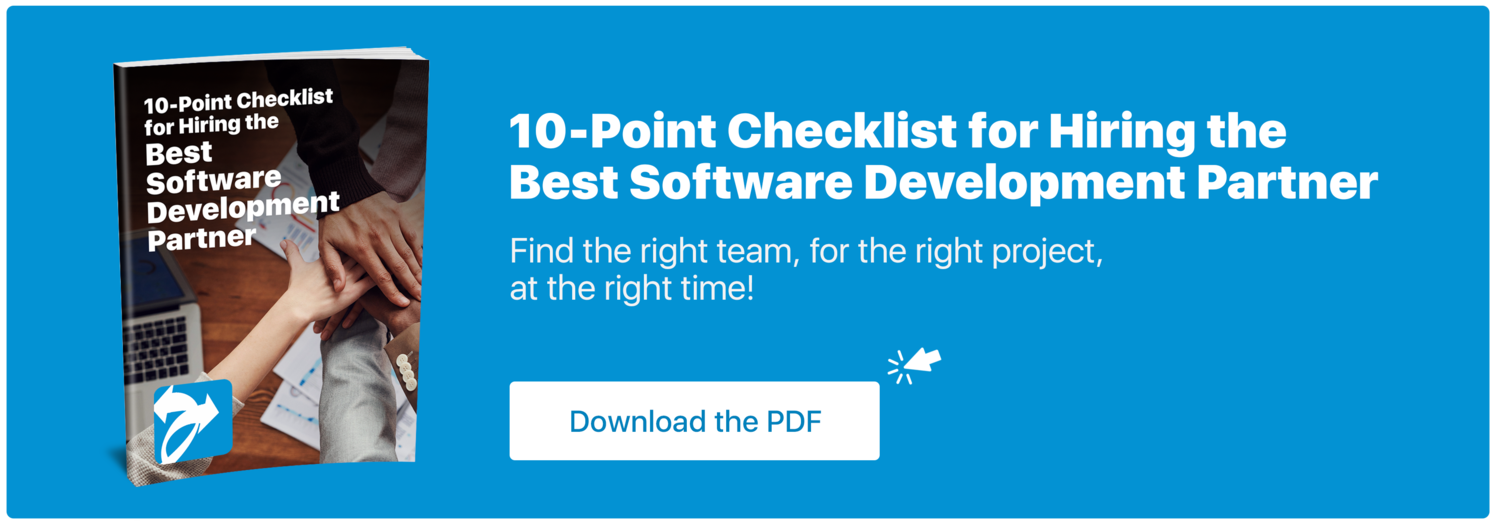How do you define success? What do you need to make your dream a reality? Maybe it’s a house, a car, more freedom, or maybe it’s working with what’s right in front of you. The taste of success can make you want to start planning your next vacation. The issue here is that reaching success is just the beginning of laying a foundation. Often, people might skip this step and go straight to the dealership.
While going beyond your means can be a rush at the moment, it is very fleeting. It’s important to establish the things necessary to maintain productivity and further accomplishments (needs). Everything else is secondary (wants) and should not interfere in any way with the foundation. This takes a disciplined mindset but more so it requires one to see the bigger picture that can be reached with achievements.
The concept of “living within your means” is critical to sustaining the lifestyle you have and then expanding on new areas as you grow. Essentially, if you make the most out of the means you already have, eventually it will open up doors to more freedom and resources. Of course, this theory is contrary to the inspirational social media posts we see daily talking about luxurious material objects.
Yet, while it may not sound as exciting, this is the reality of achieving sustainable success. This is also why 70% of lottery winners typically end up broke. Even after successful people begin to earn their wealth, they continue to live as if they didn’t have it yet. Why would they do that? Because they are adjusting their means to their end goals instead of wasting resources on wants that will later inhibit the accessibility of needs.
When we look at the characteristics of a business, every brand wants to be the best, every leader wants to have a say, and every employee wants to make an impact. Assessing the wants and needs of a business is crucial. Budget decisions are a perfect example, the team must assess what is critical and what is a burden to the company's resources. At the individual level, no matter what position you’re in you’re inevitably aiming for better or just thinking “it would be nice”.
This topic can be complex so let’s break it down:
Want It? Or Need It?
People will have differing opinions of whether something is a want or a need for many reasons. Some value certain things others don’t, some need things others want, and the argument goes back and forth. Take for example the clothes you buy, do you need clothes? Yes, do you want specific ones and would be willing to pay more for them?
Absolutely, but is that a need? This is not to say that you shouldn’t purchase the things you prefer but if you are on a tight budget and buying that designer jacket means you have to spend less on groceries you need to re-evaluate.
Invest In Long-Term Gratification
Typically, we want to materialize success or achievements as soon as possible, just like as a kid when we easily pick out things we want. What’s rewarding is not what achievement or reward means at the moment, it’s the chain of achievements that it brings after. If a company meets a sales quota much earlier than expected should it stop there? No, the originally perceived barrier has just gotten bigger and should be the new means the company operates in.
Simply put, sacrificing immediate gratification will have more of a payoff in the end. It will eliminate the guilt that comes with splurging at the moment when it is outside the means.
Operate In All Areas Of Means
This theory does not relate solely to money and budgeting, it is a lifestyle that we must embody through everything. The way we think should be constructed on the basis that our current reality has room for improvement, and action must of course be taken to reach it. Accessing this mindset may seem easier said than done. However, it is not a dramatic change to make, it is just never being complacent.
No matter the level of success achieved, there must always be a debriefing you have with yourself to ensure the next steps you take are not going to eventually set you back.
Conclusion
Trusting that sacrificing instant gratification will lead to a better reality is a very hard concept to follow. It is a natural instinct we are fighting against and honestly, it feels great to embrace success. However, one achievement should not be the goal because if every successful person, brand, or company stopped at their first achievement the world would be a very boring place. Take time to search for more, be proud of yourself of course but see each achievement as a reminder that you are capable of more.
We work with successful companies to increase their net profits using exceptional custom software solutions, contact us here to see how we can help your business grow!

















